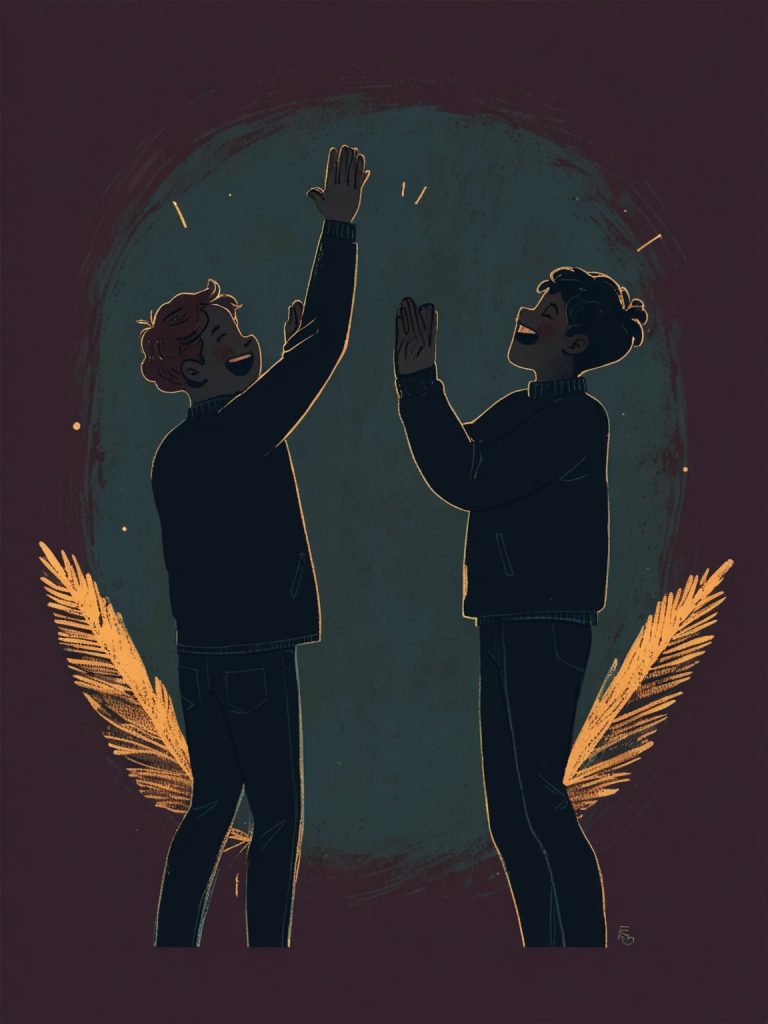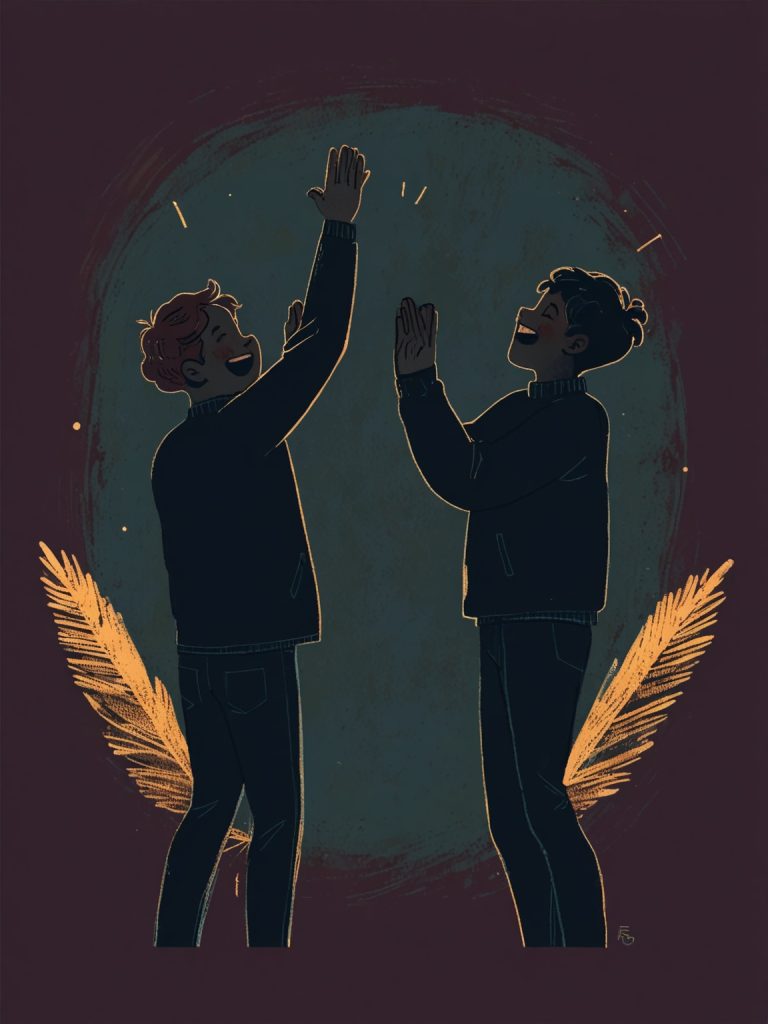Have you ever lost your keys permanently or stumbled over a prickly obstacle? It’s possible that you’ve been called the “clumsy one” among your friends. But what if the tale is not over yet? Taking a deep dive (hopefully not too deep) into the realm of dyspraxia today, a disorder that may help to explain why some of us look like infant elephants in a china shop.
TL;DR
- Dyspraxia is a motor coordination disorder that is commonly mistaken for dyslexia or ADHD.
- Poor balance and coordination, difficulties with planning and organizing, and difficulties with fine and gross motor skills are all indicators of dyspraxia.
- Although occupational therapy and other supports can greatly enhance daily living skills, there is currently no treatment for dyspraxia.
- When provided with empathy and assistance, people with dyspraxia can have happy, productive lives.

Are You a “Klutz” or Could It Be Dyspraxia? Understanding the Clumsy Elephant in the Room
Hi there, let’s discuss dyspraxia! It is a disorder that impairs motor coordination and is occasionally mistaken for disorders such as dyslexia or ADHD. Although there are certain parallels, dyspraxia is distinct.
Picture yourself in this situation: you have trouble tying your shoelaces, you find writing awkward, and you run into things every day. That’s the potential nature of dyspraxia. Each person is affected differently, including effects on balance, motor abilities, and spatial awareness.
What are the Signs of Dyspraxia?
There’s no single test for Dyspraxia, but some common signs include:
- Fine motor skill impairment: This can show up as problems writing, sketching, using cutlery, or pressing buttons.
- Difficulties with gross motor skills: Things like going downstairs, riding a bike, and catching a ball can be challenging.
- Inadequate balance and coordination: You may frequently trip over objects, find it difficult to judge distances, or find it difficult to perform tasks requiring hand-eye coordination.
- Planning and organizing work might be difficult for those with dyspraxia because they have trouble breaking down difficult tasks into manageable parts.
- Issues with speech or difficulty finding the appropriate words: Speech could be slurred or slow, and it might be difficult to find the correct words to convey your ideas.

Managing Dyspraxia: Setbacks and Achievements
Having dyspraxia as a child can be frustrating. Even seemingly simple things might seem burdensome to others. Peer or even family criticism that is uninformed about the disease can exacerbate feelings of frustration. But it’s crucial to keep in mind that you’re not by yourself. Many dyspraxics are successful!
Distinguished Dyspraxics
Celebrities who have openly discussed their experiences with dyspraxia include Natalie Portman (Black Swan) and Daniel Radcliffe (Harry Potter series). Their experiences serve as a reminder that having dyspraxia does not prevent you from accomplishing amazing things.
What Should You Do If You Suspect Dyspraxia?
See a medical professional if you think you or someone you know may have dyspraxia. They are able to evaluate your symptoms and offer advice. Dyspraxia cannot be cured, however treatments like occupational therapy can greatly enhance daily living abilities and coordination. Occupational therapists can offer assistance in creating task-management plans and also suggest assistive technology to improve everyday living.

Current Aspects of Dyspraxia Awareness and Research
Examples of recent advancements in the study and awareness of dyspraxia include the following:
- Enhanced Awareness: In 2020, a clinical practice recommendation from the American Academy of Pediatrics (AAP) recognized dyspraxia as a separate illness from other developmental coordination disorders (DCD). Identifying this issue is a big step toward better diagnosing and helping kids with dyspraxia. American Academy of Pediatrics Clinical Practice Guideline: Developmental Coordination Disorder (DCD) The results of this study could have significant implications for individuals with dyspraxia.
- Genetic Links: A study conducted in 2021 and published in the journal Nature Neuroscience revealed a particular genetic variation linked to dyspraxia. The findings of this study may facilitate the creation of tailored therapies as well as earlier diagnosis. Large-scale GWAS finds genetic variations linked to developmental coordination problem.
- Assistive Technology: New tools are being developed to support individuals with dyspraxia thanks to advancements in assistive technology. For instance, voice-activated devices can help with tasks like setting reminders or controlling smart home devices. Additionally, specially designed keyboards and other ergonomic tools can improve fine motor skills and make daily activities easier.

List of Helpful Resources from the Article:
The following resources can provide valuable information and support for people with Dyspraxia and their loved ones:
- National Center for Learning Disabilities (NCLD): https://ncld.org/ – The NCLD offers a wealth of information on Dyspraxia, including resources for parents, educators, and individuals with the condition.
- Learning Disabilities Association of America (LDA): https://ldaamerica.org/ – The LDA provides information, advocacy, and support for people with all types of learning disabilities, including Dyspraxia.
- Dyspraxia Foundation: https://dyspraxiafoundation.org.uk/ – This UK-based organization provides information and support specifically for people with Dyspraxia.
These resources can be a valuable starting point for anyone seeking to learn more about Dyspraxia or find support. If you have any questions about dyspraxia, please leave a comment below. Let us increase awareness and build a more inclusive atmosphere for all!
Empowering Others with Dyspraxia
Living with Dyspraxia can be difficult, but there are methods to cope and succeed. Here are a few tips:
- Find a supporting community. Connecting with individuals who understand Dyspraxia can provide valuable support and advice. Online forums and support groups can be a useful resource.
- Accept your strengths: Dyspraxia can result in some surprising strengths. People with Dyspraxia may be extremely creative or have a strong visual memory.
- Be your own advocate: Don’t be scared to speak up for yourself and explain your situation. In school settings, you may be eligible for adjustments such as extra time on tests or modified tasks.
- Celebrate your accomplishments: No matter how tiny, acknowledge your progress. Celebrate your successes and reflect on how far you’ve come.
You may manage Dyspraxia and live a full life by following these recommendations and seeking support from loved ones and specialists.
So, the next time you come across someone (physically or figuratively), remember that a little understanding can go a long way. After all, even the most elegant dancer began with two left feet (or maybe Dyspraxia was just winking at us all along).






